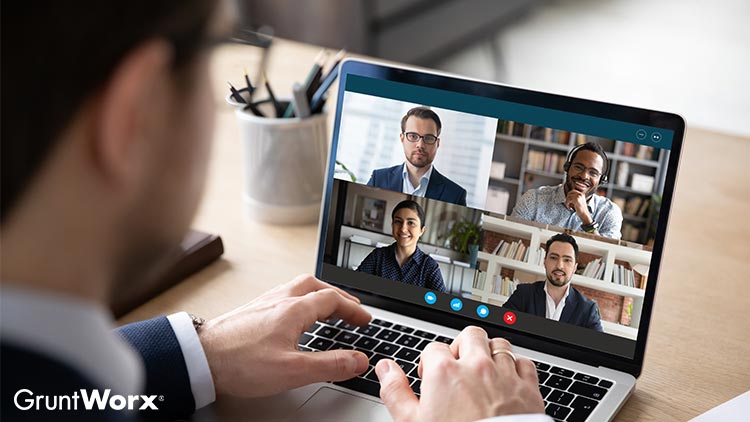
The Internal Revenue Service initiated a work-from-home model for most of its employees at the beginning of April in an effort to prevent the spread of COVID-19, temporarily suspending services that require in-house staff, like processing paper returns, face-to-face meetings with taxpayers, and phone support. Like other businesses across the country, that meant adopting alternative service models to keep the wheels turning.
Shifting to digital, often automated systems, the IRS quickly developed online-based tools like Non-Filers: Enter Payment Info Here and Get My Payment to give non-filers a way to report their Economic Impact Payment-qualifying information. This week, the agency announced that upcoming Settlement Days would use remote meeting applications to provide unrepresented taxpayers free tax advice and—where possible—pro bono legal representation in Tax Court.
Dubbed “Virtual Settlement Days,” the IRS signaled that it intends to continue the program after all 50 states have completed their phased reopening and the coronavirus quarantines are a thing of the past. So, let’s take a quick look at how this latest evolution is going to work.
How will Virtual Settlement Days work?
“Virtual Settlement Days is a coordinated effort to resolve Tax Court cases by giving taxpayers not represented by counsel the opportunity to receive free tax advice and possible representation from Low Income Taxpayer Clinics (LITCs) or other pro bono organizations,” the IRS explained. “Taxpayers can discuss their Tax Court case and federal tax issues with members of the IRS Office of Chief Counsel, Appeals and Collections.” To speak with volunteers and IRS representatives about their case, taxpayers will use the Cisco WebEx program to connect to the remote meetings.
The first Virtual Settlement Days will be hosted in Detroit, MI and Atlanta, GA on May 9 and May 21, respectively, though the events could stretch out for several days. Attendees will be limited to those the IRS invites, and the agency said they will give preference to unrepresented taxpayers those whose May Tax Court cases were cancelled. Since the program is in its infancy, it could be weeks after the pilot events before we see a nationwide launch.
Is teleconferencing a good fit for my tax practice?
So many American businesses have adopted teleconferencing that television networks have begun running commercials immortalizing this unique moment in the nation’s history. When it comes to tax practices, it might otherwise be impossible to offer tax consultations amidst stay-at-home orders and limited-capacity rules. That said, horror stories like “Zoom bombing” might give you pause—and for good reason. If you’re considering using a teleconferencing app to consult with clients, be sure to read reviews that look at user experience and security features.
Source: IR-2020-87







